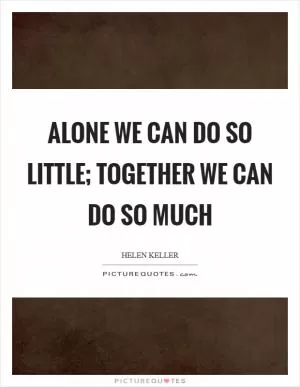True happines is not attained through self gratification but through fidelity to a worthy purpose

True happines is not attained through self gratification but through fidelity to a worthy purpose
Helen Keller, a remarkable woman who overcame incredible obstacles to become an advocate for the deaf and blind, exemplifies the idea that true happiness is not attained through self-gratification but through fidelity to a worthy purpose. Keller's life story is a testament to the power of perseverance, determination, and dedication to a cause greater than oneself.Born in 1880 in Tuscumbia, Alabama, Keller lost her sight and hearing at the age of 19 months due to an illness. Despite her disabilities, Keller refused to let her circumstances define her. With the help of her devoted teacher, Anne Sullivan, Keller learned to communicate through sign language and braille. She went on to graduate from Radcliffe College, becoming the first deaf-blind person to earn a Bachelor of Arts degree.
Throughout her life, Keller dedicated herself to advocating for the rights of people with disabilities and promoting social justice. She traveled the world, giving speeches and lectures on behalf of the American Foundation for the Blind. Keller also wrote several books, including her autobiography, "The Story of My Life," which inspired countless individuals to overcome their own challenges and pursue their dreams.
Keller's unwavering commitment to her cause brought her a sense of fulfillment and purpose that transcended any personal desires or ambitions. She understood that true happiness comes from making a positive impact on the world and helping others in need. Keller once said, "True happiness is not attained through self-gratification, but through fidelity to a worthy purpose."












 Friendship Quotes
Friendship Quotes Love Quotes
Love Quotes Life Quotes
Life Quotes Funny Quotes
Funny Quotes Motivational Quotes
Motivational Quotes Inspirational Quotes
Inspirational Quotes